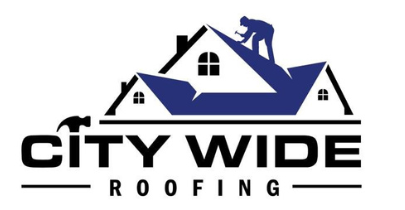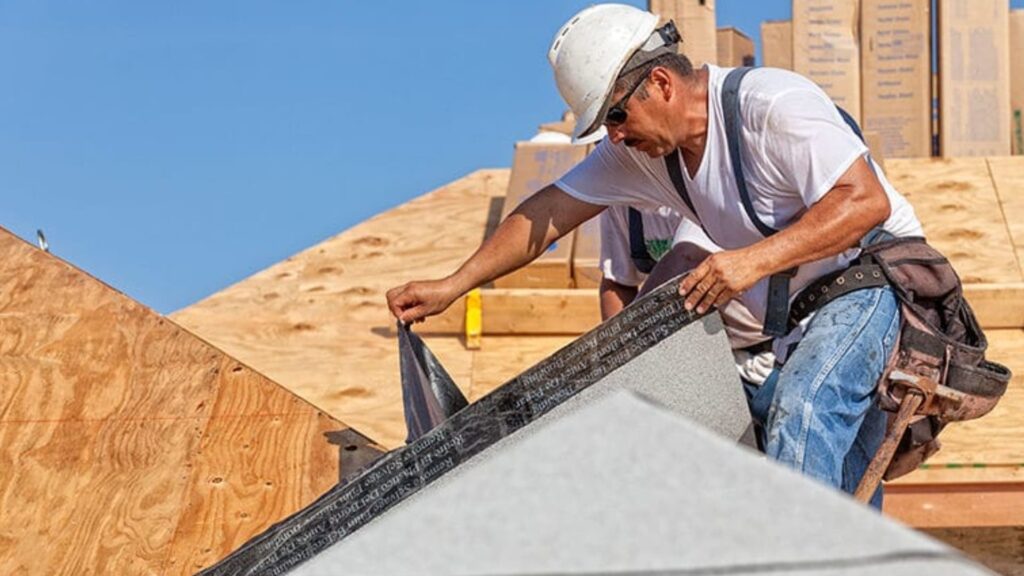In the realm of commercial construction, the significance of a well-constructed, durable roofing system cannot be overstated. A range of solutions are offered by roofing contractors, each with their own set of advantages and potential drawbacks. This includes an array of materials such as metal, thermoplastic, EPDM, green roofs, and more, with each suited to different types of commercial properties and climates.
Moreover, the proficiency of the contractor chosen can greatly impact the quality, longevity, and overall cost-effectiveness of the project. However, understanding these options and determining the most suitable choice for your specific needs can be a complex task. As we navigate through this discussion, we will aim to demystify the process and provide a more comprehensive understanding of commercial roofing solutions.
Understanding Various Roofing Materials
Delving into the realm of roofing materials, it is important to understand that there are numerous options available, each with its own unique characteristics, advantages, and drawbacks. The choice of material greatly affects the longevity, resilience, and cost of your roofing, and thus it is crucial to make an informed decision.
Among the plethora of roofing materials, asphalt shingles stand out for their affordability and ease of installation. They are versatile, and available in a variety of colors and styles to align with the visual aesthetics of your property. However, their lifespan is shorter compared to other materials, requiring replacement approximately every 20 years.
Metal roofing, on the other hand, offers superior durability and longevity, often outlasting asphalt shingles by several decades. It is resistant to extreme weather conditions, fire, and pests, ensuring optimal protection. However, the initial cost is higher, which may deter budget-conscious property owners.
Rubber roofing is another viable option, particularly for flat or low-slope roofs. It provides excellent waterproofing capabilities and energy efficiency, though it may require professional installation for optimal performance.
Understanding these key differences allows you to navigate the vast ocean of roofing materials with proficiency, ensuring you find the perfect fit for your property’s needs.
Selecting Professional Roofing Services
When it comes to selecting professional roofing services, it is imperative to consider multiple factors such as the contractor’s experience, reputation, expertise, and cost-effectiveness to ensure the successful completion of your roofing project. An experienced contractor will not only have a proven track record but also be knowledgeable about the latest industry standards and roofing technologies.
Reputation is another key factor that cannot be overlooked. A contractor with a solid reputation in the community will most likely deliver quality workmanship, as they have a vested interest in maintaining their good standing. Online reviews and word-of-mouth referrals can provide valuable insights into a contractor’s reputation.
The contractor’s expertise, specifically in commercial roofing, is another determinant. They should demonstrate proficiency in various roofing systems and materials, and be able to advise you on the most suitable solution for your specific needs.
Lastly, cost-effectiveness is a crucial consideration in roofing projects. However, while it is important to stay within budget, the cheapest option is not always the best. A higher initial investment may lead to significant savings in the long run by reducing maintenance costs and extending the roof’s lifespan. Therefore, when selecting professional roofing services, such as those provided by a reputable roofing contractor, a balance between cost and quality should be struck to ensure a sustainable roofing solution that meets both budgetary constraints and long-term durability requirements.
Maximizing Sustainability: Exploring Roofing and Energy Efficiency With a Roofing Contractor


